Road to War, Part 3: President Jefferson Declares Economic War
When the Democratic-Republicans came to power in the election of 1800, the Jefferson administration effectively shut down and disbanded both the United States Army and Navy. As a result, when American merchant ships were abused and seized as contraband of war on the high seas and in British and French ports during the Napoleonic wars, the United States was helpless to respond.
Because of the United States’ weakened military position, and because President Jefferson was strongly opposed to war, Jefferson decided to strike back economically rather than militarily and worked with Congress to pass the Non-Importation Act of 1806. The Act disallowed the import of certain British goods but almost none of the specified items were critical to overall trade. While forbidding the import of items such as nails, spikes, and hats, it avoided banning more significant imports like coal, iron, steel, and finished British goods. Consequently, the Act was ineffective in getting Great Britain to modify its practices and Jefferson repealed it less than one year later.
“Albert Gallatin.” Metropolitan Museum of Art.
Meanwhile, the British and French governments began passing a series of trade restrictions aimed at crippling their enemy’s economy, but these trade restrictions also fell hard on the American merchant fleet. In May 1806, Great Britain passed an Order in Council, which imposed a blockade of French ports and those of her allies. In November, Napoleon retaliated with his Berlin Decree declaring a blockade of the British Isles (despite the fact he had no ships to enforce it) and informing the world that all ships landing on the continent from a British port or colony would be seized, even if that ship was from a neutral nation like the United States. And in 1807, the two antagonists issued additional trade edicts, with Great Britain issuing two more Orders in Council and Napoleon his Milan Decree, all of which expanded their respective restrictions and further encroached on American neutrality rights.
Then, in June 1807, the Chesapeake-Leopard affair galvanized the emotions of the nation and brought the United States ever so much closer to war. To stay above the fray and avoid getting embroiled in the European war, Jefferson decided to impose a sweeping trade embargo on all foreign nations–the Embargo Act of 1807. Although strongly advised against this measure by his closest advisors including Albert Gallatin, his brilliant Treasury Secretary, because of the economic damage it would do to the American economy, Jefferson would not be swayed from his position. Jefferson deeply believed that neither France nor Great Britain could survive economically without American trade and that this drastic step would force both countries to finally respect American rights.
The Act was a blanket trade embargo which meant a complete shutdown of trade with all foreign nations, no imports were allowed into the country, and our merchant ships were forbidden to leave ports with exports of any kind. As predicted, the embargo crippled the American economy and was hugely unpopular in all sections of the country. The West and the South, the two largest agricultural portions of the country and the base of Jeffersonian support, no longer had an outlet for the crops they grew and as the supply of harvested goods piled up, prices for them plummeted. Additionally, finished goods from Europe that those regions had come to rely on were no longer available. While in New England, an area that already despised the Jefferson administration, the howls were the loudest as their very prosperous merchant fleet was locked up tight in its harbors. That said, the need for finished goods no longer available from Europe led to a mini-industrial revolution in New England, especially with investments in the cotton textile industry. Although it did not make up for the loss of the carrying trade, the rise in manufacturing operations led to long term benefits for the region.
Overall, the embargo proved to be more detrimental to the American economy than to Great Britain as British maritime merchants were thrilled to have their competition for the global carrying trade removed. Additionally, they soon found other outlets for their goods, especially in South America. Domestically, the Embargo Act was Jefferson's least popular measure during his time as President, and he left office a very unpopular man. But intelligent enough to recognize the embargo was not working, Jefferson revoked the Embargo Act in March 1809 just before leaving office.
But President Jefferson was succeeded in the White House by his protégé, James Madison, who viewed the world very much like Jefferson. As a result, shortly after the Embargo Act was revoked, Madison and Congress passed the Non-Intercourse Act of 1809, which lifted the embargo on all American shipping except for ships bound for British or French ports but it, too, was largely ineffective in getting either Great Britain or France to change their policies. And on May 14, 1810, Congress passed yet another law to economically coerce Great Britain and France to respect American neutrality and allow free trade. Known as Macon’s Bill Number 2, it proved to be the final salvo of the Jefferson and Madison administrations’ attempts to use trade restrictions to avoid war. The law basically revoked the embargo against both Great Britain and France for ninety days and declared that it would be revoked permanently for whichever of the two countries revoked their trade restrictions first.
Napoleon responded that he would immediately rescind both the Berlin and Milan Decrees, while Great Britain said it would do so as well once it had proof that Napoleon had complied, including publicly declaring the end of the decrees. But Napoleon was a wily man, and he had no intention of complying, although he had his ambassadors repeatedly state to Madison and other American officials that they could trust him to follow through. Napoleon’s goal in his deceptions was to get the United States to take steps that would further irritate Great Britain and drive the two into open war. To that end, Napoleon’s schemes were vindicated less than two years later when Congress declared war on Great Britain at the behest of President James Madison, a man whose background seemingly made him an odd fit for a wartime Commander-in-Chief.
Next week, we will discuss the rise of James Madison. Until then, may your motto be “Ducit Amor Patriae,” love of country leads me.
Subscribe to receive weekly complimentary articles and videos delivered straight to your inbox!

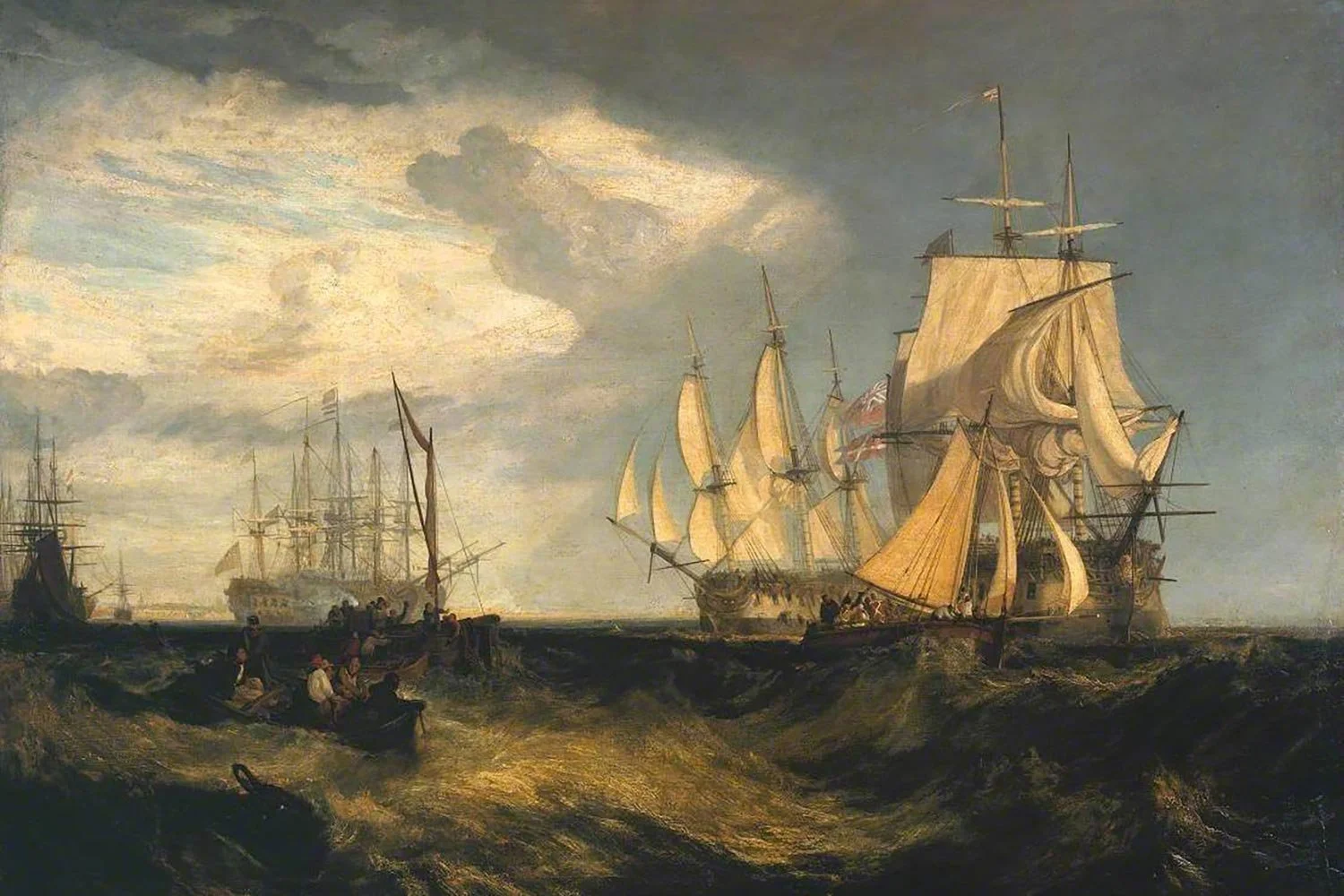
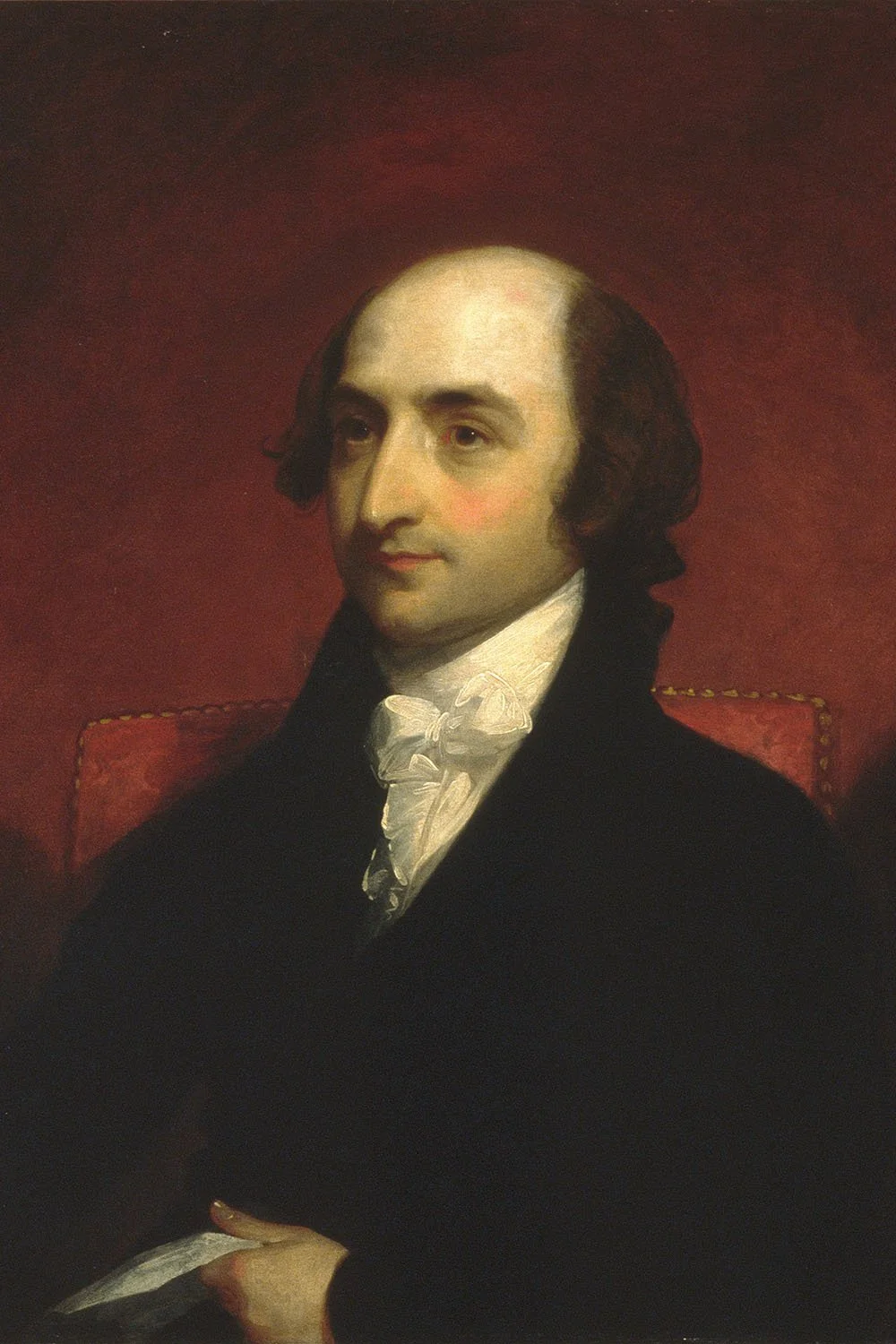
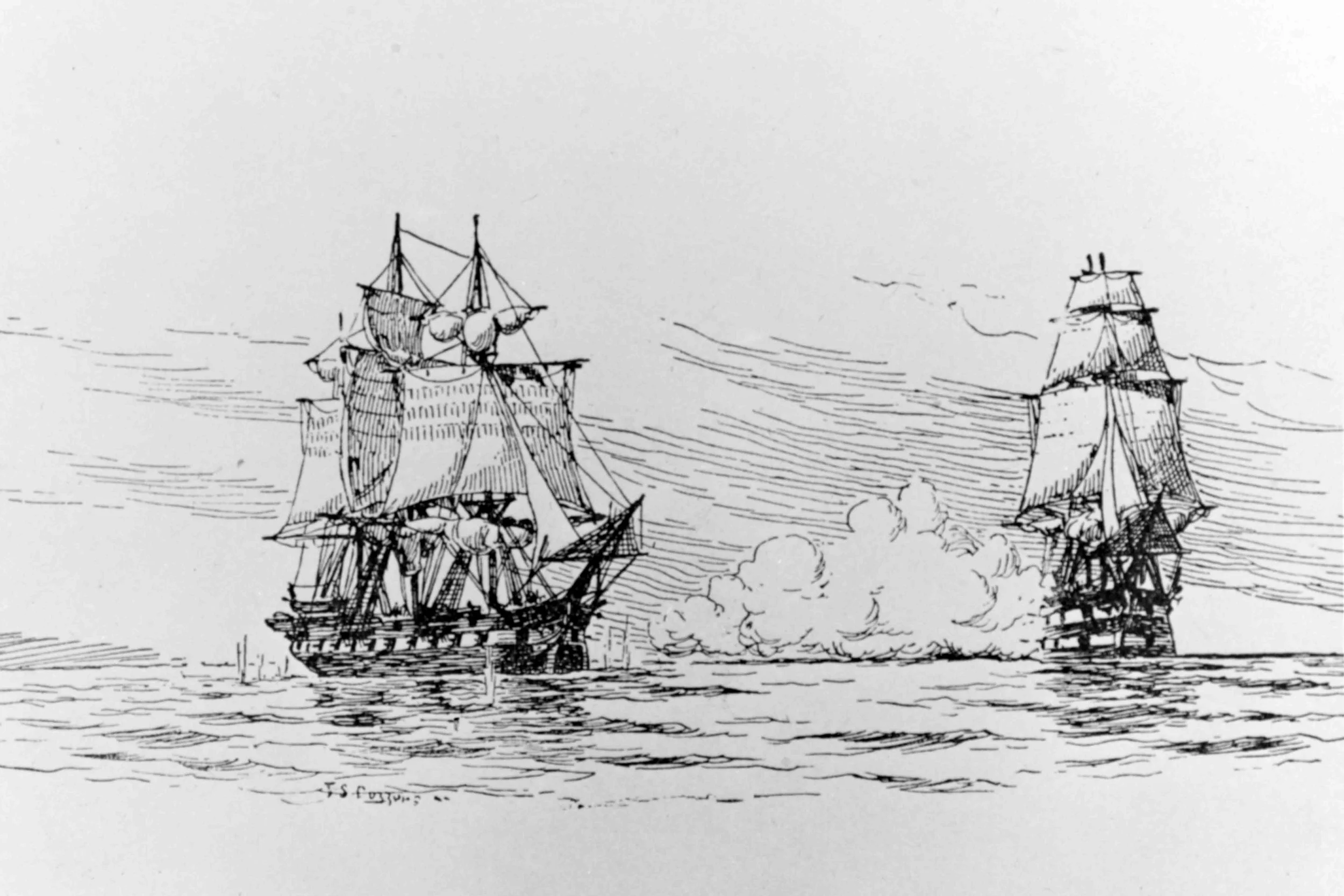



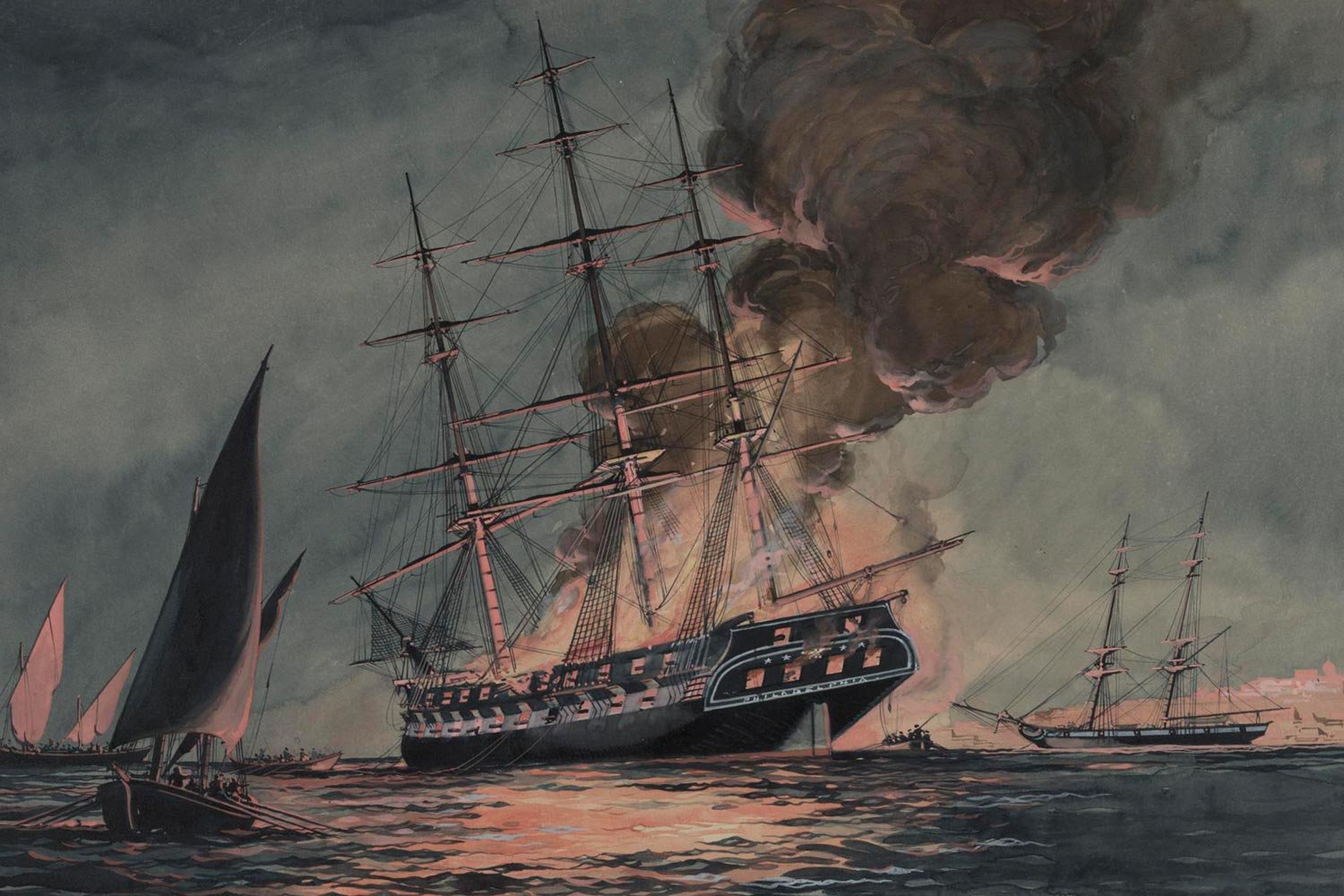
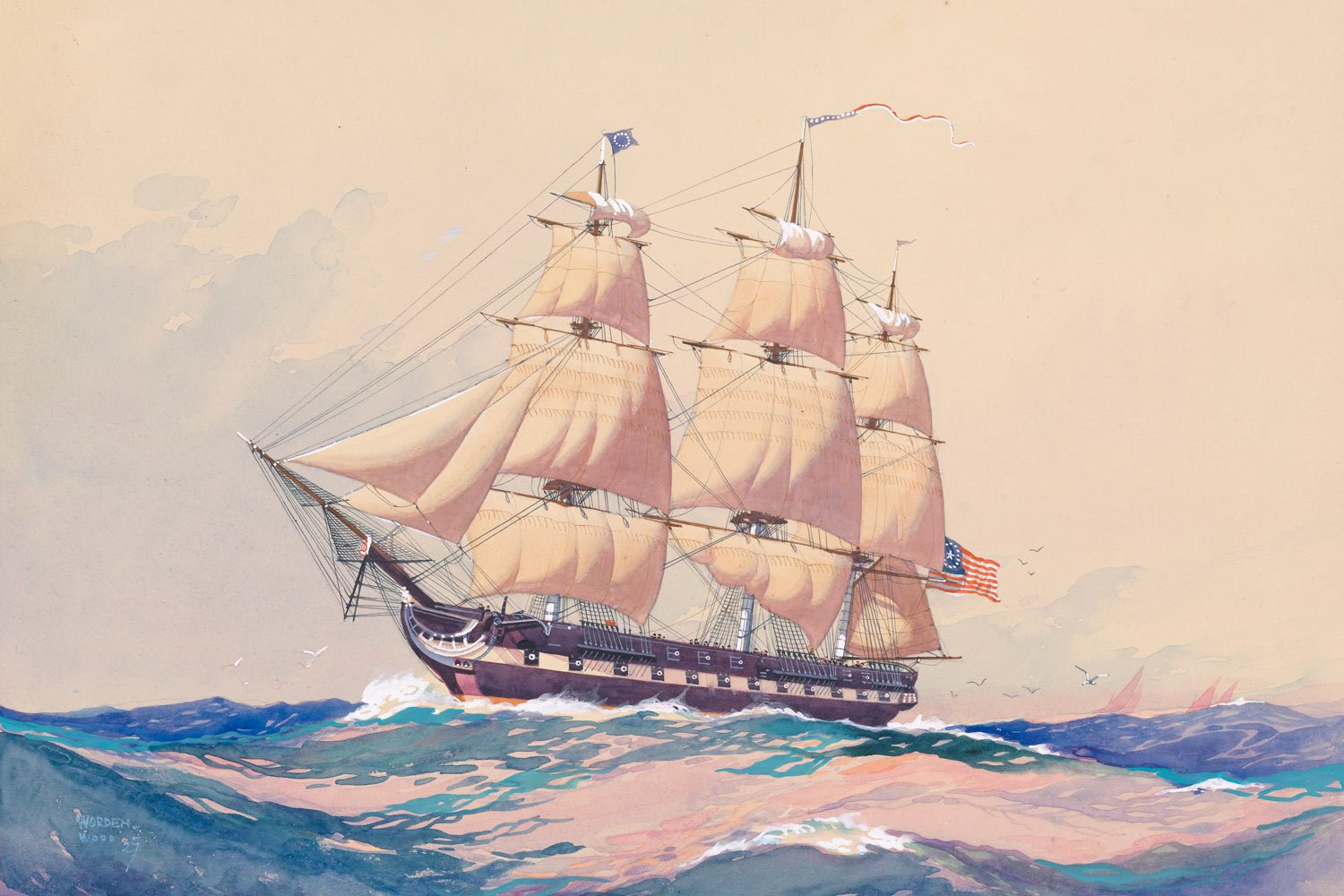

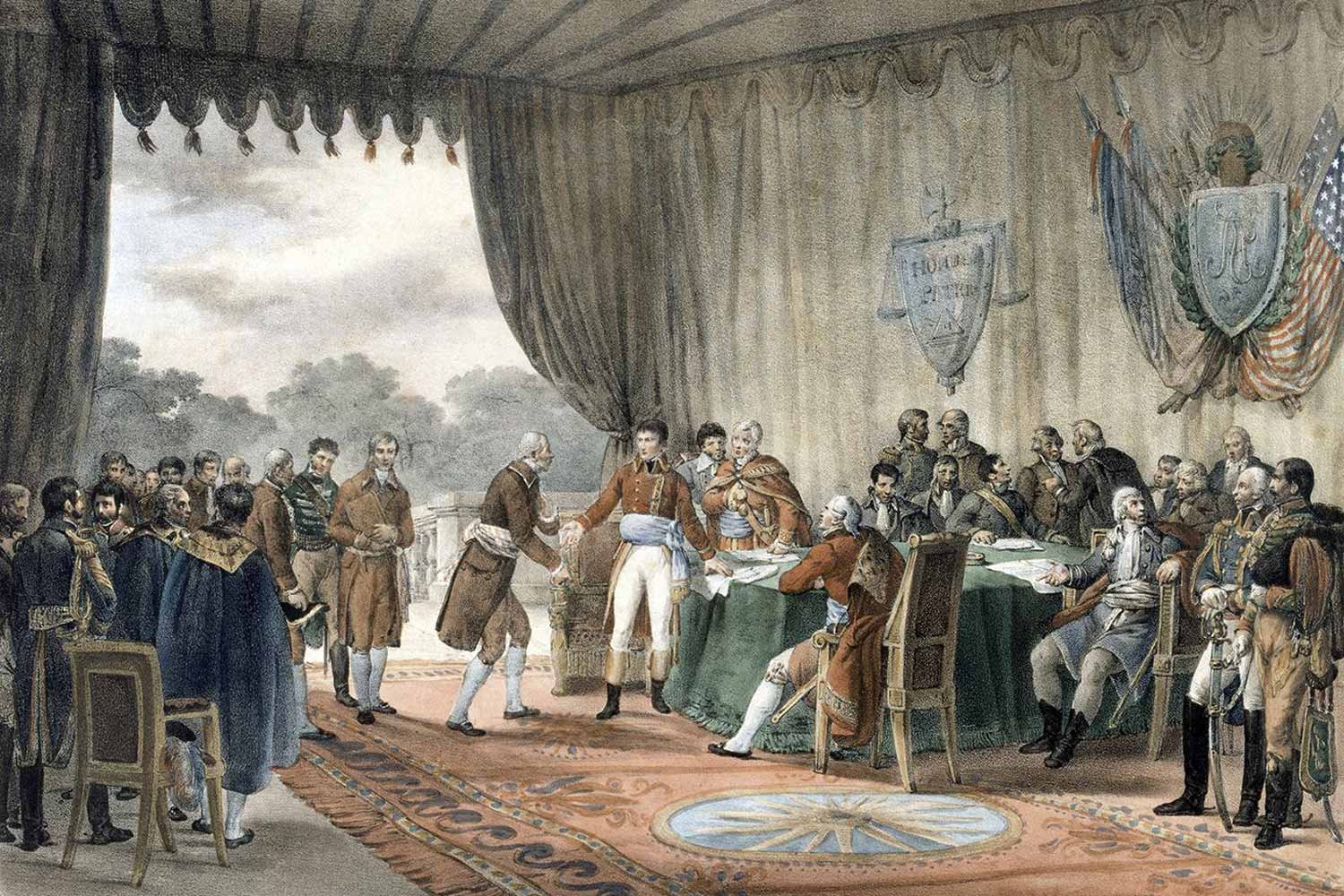
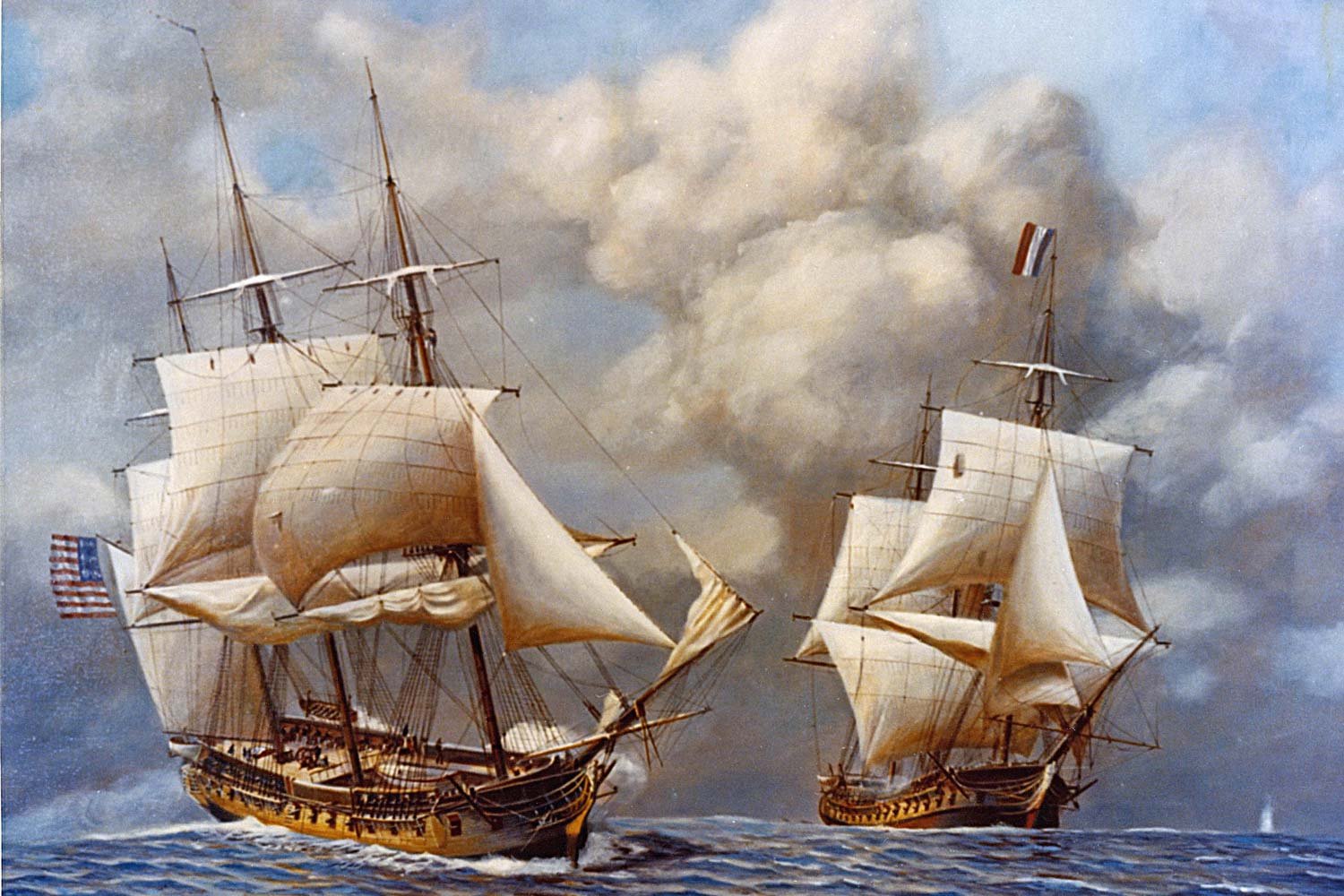
When the Democratic-Republicans came to power in the election of 1800, the Jefferson administration effectively shut down and disbanded both the United States Army and Navy. As a result, when American merchant ships were abused and seized as contraband of war on the high seas and in British and French ports during the Napoleonic wars, the United States was helpless to respond.